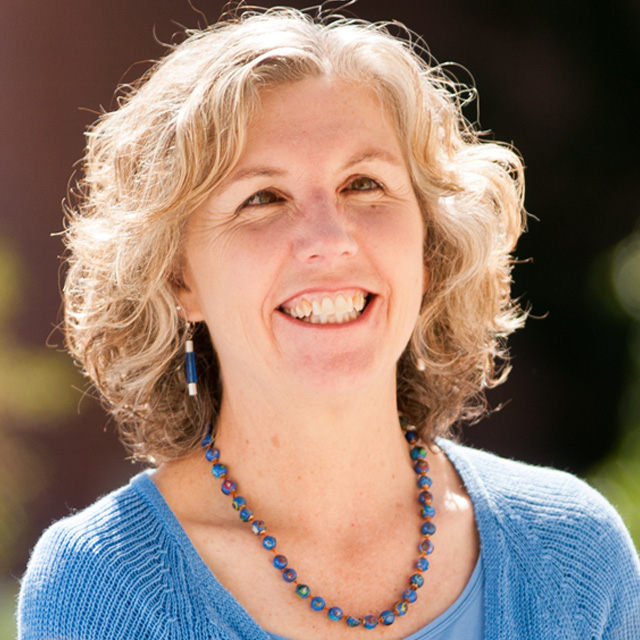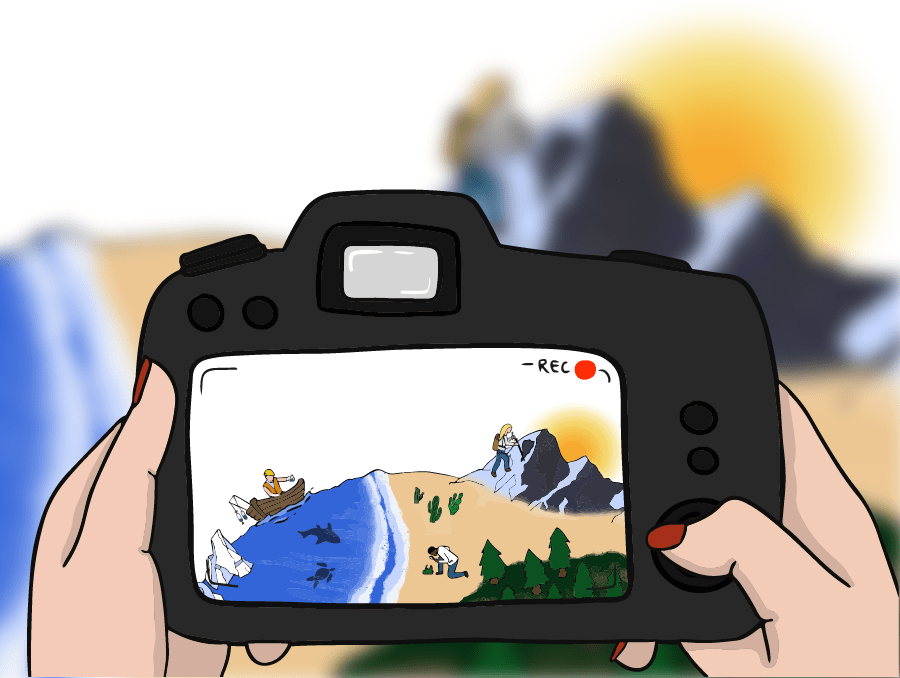A journalism degree is a great step toward careers in sports, entertainment, fashion and film. But what if climate change keeps you awake at night?
Can journalism lead to a fulfilling career if the fate of the world is what you care about? The short answer is yes. Journalism is an excellent choice for setting yourself up to contribute to solutions for humanity.
“Climate journalism” is a much-in-demand specialty leading to jobs such as journalist, science writer, visual designer, environmental analyst, public information officer and non-profit communications coordinator.
Take a look at some of the award-winning Covering Climate Now Journalism awards for 2020 to see the work that climate journalists are producing.
At the Reynolds School of Journalism, we have several avenues to provide experience for students interested in climate change to pursue their passion. One opportunity is to get involved in our Hitchcock Project for Visualizing Science. This entrepreneurial initiative prepares students, professionals and scientists to present science in visual, creative forms. One student working for the project landed an internship writing for NASA. She explains: How I Chose Both: Blending Science And Writing For A Career.
Most climate journalists have found that learning about the science of climate change is critical to making sure they communicate well with scientists and produce accurate and helpful work. At the University of Nevada, Reno, our Geography Department offers several classes in climate that pair well with journalism, including “Climate Change and Its Environmental Impacts,” “Understanding Climate,” and “Into the Storm: Severe Weather and Society" and "Climate Solutions: Local to Global Perspectives.”
Double majoring in journalism and geography enables students to understand the science of climate change while learning the tools necessary to communicate effectively with the public. Students can take climate and science-related classes in geography and writing, media production, visual design and ethics in journalism. With careful planning, these degrees can be earned within four years.
A collaborative group of faculty in journalism and geography are also available to mentor students interested in climate journalism, including a former science journalist for NPR, an award-winning documentarian, experts in climate change communication and the Nevada State Climatologist.
There’s no question that responding to climate change is one of the most pressing issues of this century. Investing in education that puts you in the forefront of this critical task for humanity could be a smart and fulfilling choice for getting a job and making a positive difference in the world.
 Donica Mensing is a professor at the Reynolds School of Journalism at the University of Nevada, Reno. Her education includes degrees from the University of California, Berkeley, George Washington University in Washington, D.C., and the University of Nevada, Reno. She has taught media ethics, basic reporting and graduate seminars in engagement and published articles and an edited volume on journalism education. Her research interests focus on changes to journalism, democracy and community in the evolution from mass media to networked media.
Donica Mensing is a professor at the Reynolds School of Journalism at the University of Nevada, Reno. Her education includes degrees from the University of California, Berkeley, George Washington University in Washington, D.C., and the University of Nevada, Reno. She has taught media ethics, basic reporting and graduate seminars in engagement and published articles and an edited volume on journalism education. Her research interests focus on changes to journalism, democracy and community in the evolution from mass media to networked media.
Request more info
Do you have more questions we can answer? Are you interested in receiving additional information about the University, the admissions process, applying, financial aid or more?
